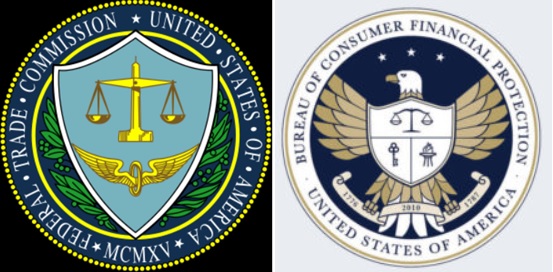
26 November 2019 – The CFPB and Federal Trade Commission (FTC) are hosting a free, public workshop Dec. 10 to explore issues related to consumer report accuracy. The event comes amid several changes in the consumer reporting landscape since the FTC released a study in 2012 that reviewed a sample of consumers’ credit reports from the three national credit reporting agencies (CRAs) and associated errors.
The workshop is set to begin at 9 a.m. Eastern Dec. 10, in Washington, D.C. It will also be livestreamed on the FTC website.
The event plans to bring together various stakeholders, including representatives from the financial services industry, consumer advocates, and regulators, who will discuss accuracy of traditional credit reports and employment and tenant background screening reports. In a release, the CFPB and FTC note the supervisory changes to the credit reporting landscape, as well as new developments – such as machine learning and alternative data – that could impact eligibility determinations.
Relatedly, the CFPB in September released a new edition of its supervisory activities, which found some credit report furnishers were not completing dispute investigations in the required amount of time, while others weren’t completing an investigation at all. A NAFCU Compliance Blog post details requirements credit unions are subject to under the Fair Credit Reporting Act when furnishing consumer report information.
Some potential topics for discussion during the event include:
- lessons from the CFPB’s supervisory reviews of the CRAs, and from the CFPB’s and FTC’s enforcement cases on furnisher and CRA accuracy obligations;
- how furnishing practices differ based on the types of furnishers and information they provide to the CRAs;
- what opportunities and challenges the inclusion of non-traditional data in credit reports, credit scoring models, or background screening reports present to accuracy; and
- how new technologies and data management practices could be used to improve accuracy.
See the full list of potential topics. Those interested in providing comments on these issues can do so until Jan. 10, 2020.











Facebook Comments